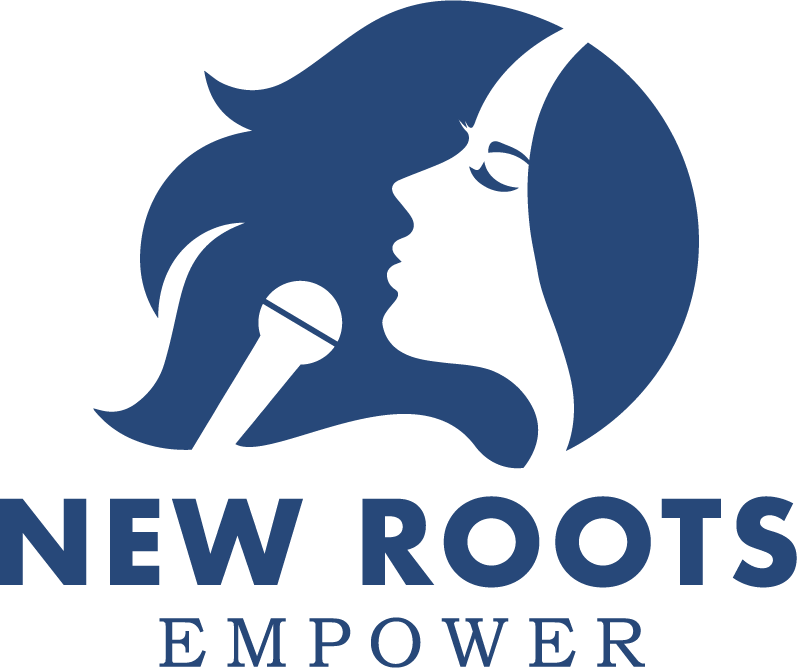Performance Tips for Artists
You know that feeling when you’re watching an artist sing a song and the energy being exchanged between you and the artist is so palpable? You may find yourself in a total trance, eyes locked in, jaw open and experiencing oneness with the artist…THAT is the reason we are in this industry, right? We are in an industry that is rooted in selling emotions.
So, as an artist, your most important job is not to cram as many lights and rhinestones as possible on stage at once (although that does add some wow factor), but rather to connect with your audience.
The best performers are the ones who show up as their real, honest, authentic selves and tell their stories. The performers who are going to sell out night after night are the ones who have mastered the balance of being rehearsed/prepared but still leave room for the magic and spontaneity to let authentic moments happen on stage. This takes practice! Here are a few tips for growing your performance skills:
Know the story behind the song. Take the time to go back and think about WHY you wrote or chose to sing that song. What is it really about? Who are you singing the song to? Why should anyone care? What message do you want to leave your audience with? This is especially important to do if it’s a song you have sung hundreds of times. Reminding yourself of why you first fell in the love with the song will help to keep it fresh night after night.
There is just as much power in stillness as there is in jumping around the stage. Every move you make on stage will be more commanding if each move is intentional. When you move from one side of the stage to the other, plant yourself when you get there and feel rooted in the move you just made. It will come across more confident and the audience will stay with you. Watching a performer constantly moving/swaying/pacing can be quite distracting to watch and will have the audience more focused on your movements than listening to the story you are telling.
Rehearse so you can be in the moment during the performance. This should go without saying, but please practice! Know your lyrics, rehearse with the band, iron out the kinks so that you can get the songs into your body and out of your head. Sure, mistakes happen, but when you are performing with your heart and you’ve worked everything out ahead of time, you will be more prepared for the uh-oh moments that need to be improvised on stage.
Practice your banter/moments between songs. Please! Not all performers are natural public speakers and that’s ok. In turn, some performers are too good at public speaking and end up doing more chatting than singing. Teeing up a song is an entirely different skill set than performing the song so it takes time to work out how you want to do it. Will giving the backstory help the audience to connect with the song? If so, write out the story and practice it in your mirror. It’s good to plan out the moments between songs: maybe you want to bring a fan on stage, inspire the audience with something you believe in, promote an upcoming collaboration, etc. You’ll feel more prepared and then, again, you will be less in your head and more in your body/soul.
Look for inspiration in other artists. Notice what really worked and what did not. How are they moving around the stage, working the microphone, interacting with the crowd? Being an audience member is the best way to learn. I recently attended a stadium show with a legacy act and, unfortunately, she would lose us with some of her bigger, flashier numbers. But, the moment she sat down on the floor of the stage and sang a song from her heart, she had the audience in the palm of her hand. It was a great lesson that less can indeed be more.
Seek Feedback and Learn Continuously. Be open to constructive criticism from teachers, mentors, or experienced musicians. Attend workshops, masterclasses, and music intensives to expand your knowledge and learn from experts in your field. You might be inspired to step out of your comfort zone and try something totally new and different. Also, film your next show and watch yourself back. You’ll be able to see what looked awkward, where you were confident and parts you need to practice more.
Remember, consistent practice, self-reflection, and experience are key to honing your performance skills. Embrace the challenges, stay passionate, and enjoy the journey! The only way to improve is to get up there and perform because it will get easier with time…

